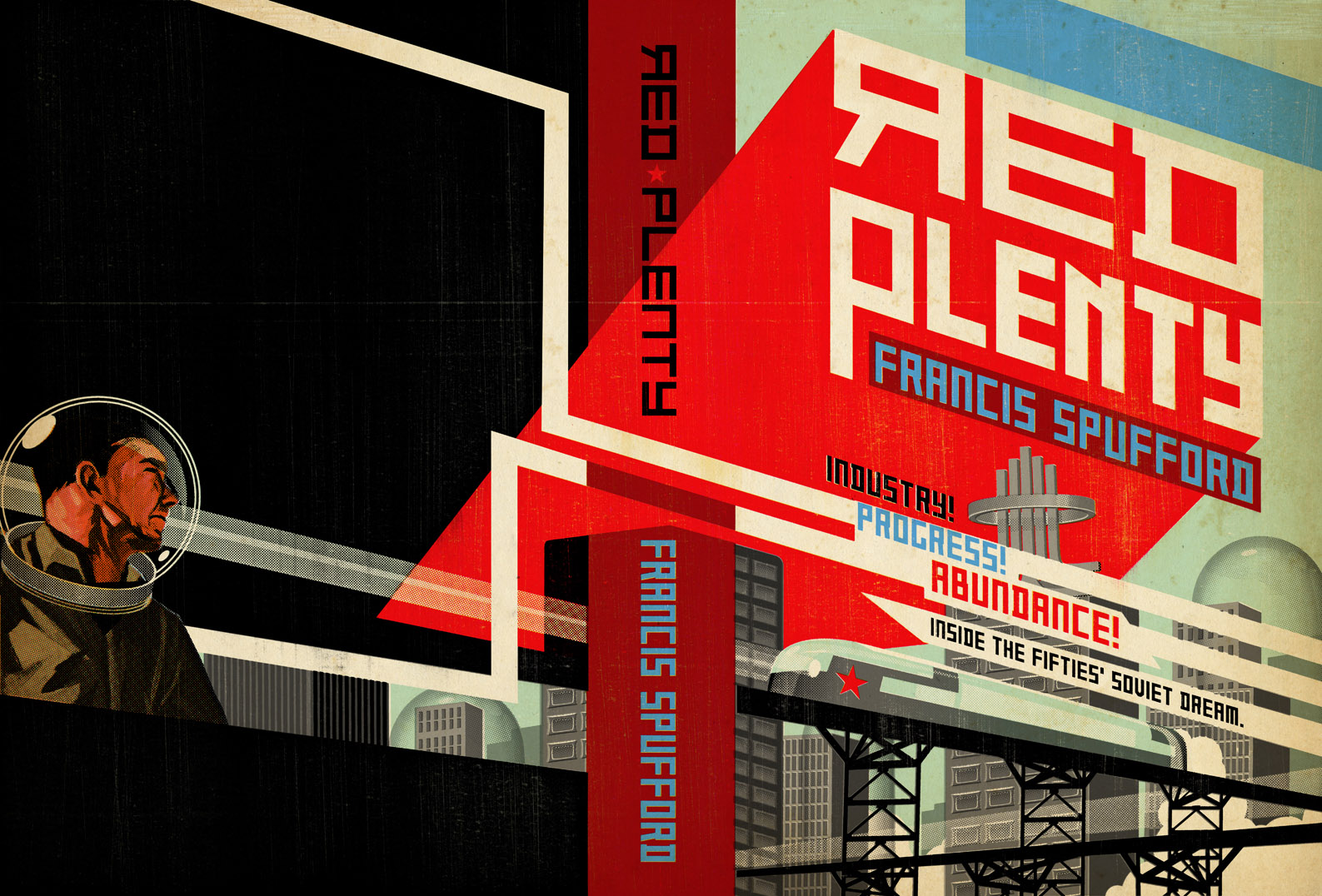D0njo
Well-Known Member
I could imagine some sort of communist-style system forming at a point when technology is sufficiently advanced that we've become post-scarcity, if post-scarcity is actually possible. I suspect that a thousand years from now there'll still be people living in the gutter with others in high towers lording over them. By the way I recommend this buke:

Ahh, sure we'll always find something to be scarce of

